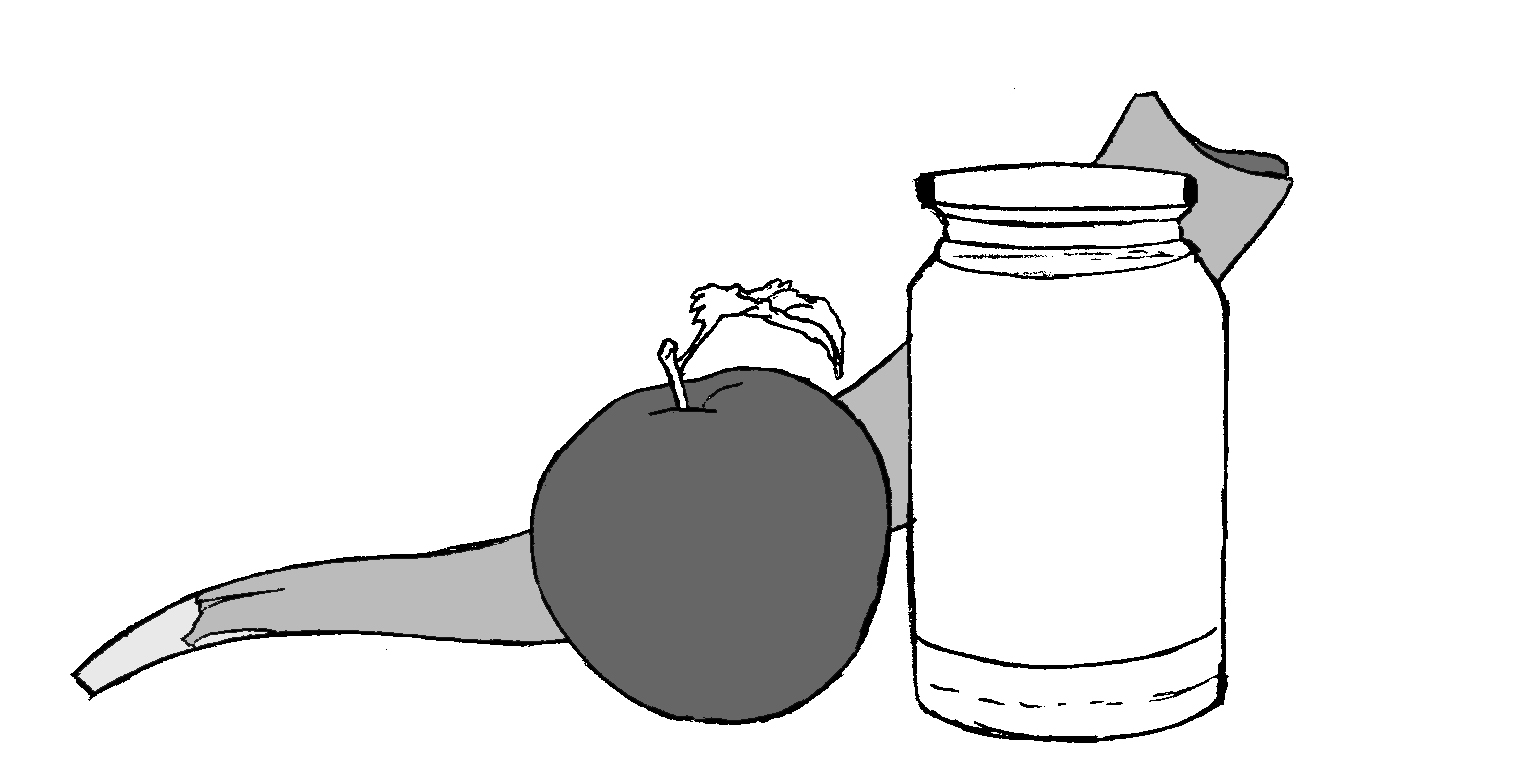An epiphany in Daggett Lounge
October 4, 2019
 Kodie Garza
Kodie GarzaGrowing up, the High Holidays were the only time my whole family would go to synagogue. “High Holidays” is the collective name for Rosh Hashanah (the Jewish New Year) and Yom Kippur (the Day of Atonement). These holidays are among the holiest days in the Jewish tradition and the only days my family would make the trek across the Kansas City metro area to attend services. Even my mom, raised Catholic, came along, carrying her prayer book with handwritten notes in the margins.
I didn’t look forward to sitting through hours-long services or having to tell my teachers that I was going to miss class and have to make up the work. I didn’t look forward to the 10 days between Rosh Hashanah and Yom Kippur, when I was expected to atone for my sins by apologizing to people I had wronged, because it made me feel guilty and because I knew I wouldn’t do it.
What I did look forward to was the familiarity of standing in the overflow room at my synagogue next to my parents and sister; my dad davening, rhythmically swaying back and forth (which I assumed was a symptom of being an older Jewish man), my mom knitting, because it was the only way she could stay focused and my sister and I commiserating as we stood, sat and stood again, reciting prayers that had been burned in our minds through years of Hebrew School. I looked forward to hearing the sound of the shofar because it meant the end of services was near. And I looked forward to going to Dean & Deluca for lunch afterward, a reward for our, um, piety.
When I arrived at Bowdoin, the familiarity of the High Holidays had evaporated, along with the expectation that I would attend services. Since I always considered my participation in Judaism to be driven by tradition rather than religion, I didn’t think I would “be Jewish” in college.
But this past Monday, there I was praying in Daggett Lounge (clearly the closest place to God on this campus). People came and went from Thorne Hall, rushing to class, and I was struck by the realization that I, for the first time in a long time, was not doing the same.
I still get nervous telling my professors that I will be missing class for the High Holidays—not because I think they’ll say no or that I’ll be penalized, but because I feel like I’ll mess up my routine of class, work and everything else I’m expected to do to be a successful Bowdoin student.
I recently learned that the two English words we associate with the High Holidays, repentance and sin, have different meanings in Hebrew; repentance, “t’shuvah,” directly translates to “returning,” and sin, “chet,” means “to go astray.” Where repentance and sin inspire guilt and shame, the notion of returning after going astray seems more forgiving.
Like any New Year celebration, Rosh Hashanah is a time to reflect on what motivates us to be better people. It can be easy to lose sight of these bigger motivations when our worth here is in part decided by academic performance and quantified in a percent grade. But when we give ourselves the chance to see ourselves as humans who err in our pursuit of something grand but always have the opportunity to be forgiven, it can be truly revelatory. For just a few days, I can disconnect from my daily routine at Bowdoin to be reminded of that.
The High Holidays remind me to practice compassion, forgiveness and kindness toward others—and toward myself. As graduation approaches, I am reminded that I will still have a purpose beyond Bowdoin, even if I’ll have to find a different place for High Holiday services. But for now, I’ll be returning to Daggett Lounge, and I hope to see you there.
Emily Cohen is a member of the Class of 2020.
Comments
Before submitting a comment, please review our comment policy. Some key points from the policy:
- No hate speech, profanity, disrespectful or threatening comments.
- No personal attacks on reporters.
- Comments must be under 200 words.
- You are strongly encouraged to use a real name or identifier ("Class of '92").
- Any comments made with an email address that does not belong to you will get removed.

What a beautifully written piece.